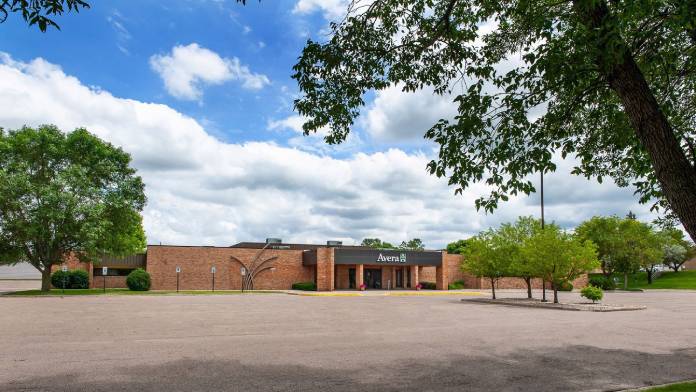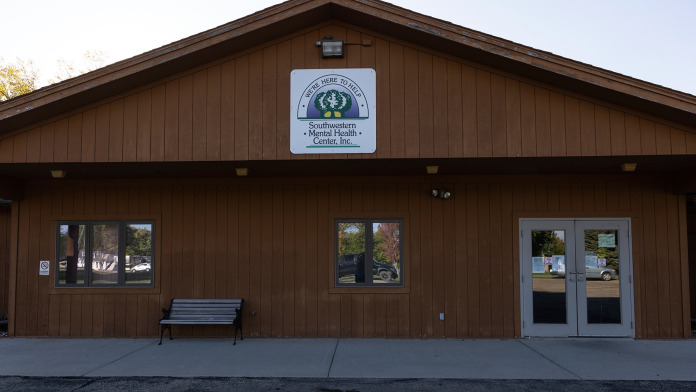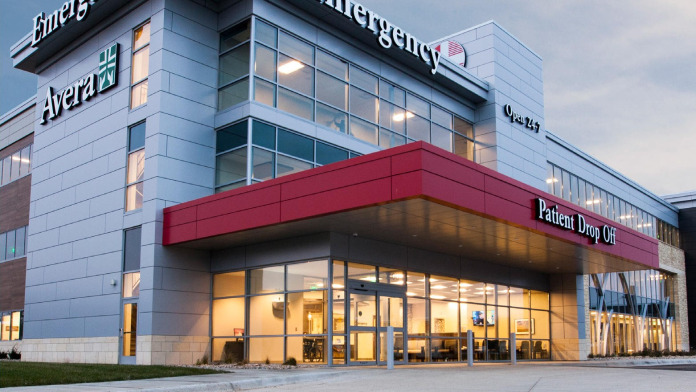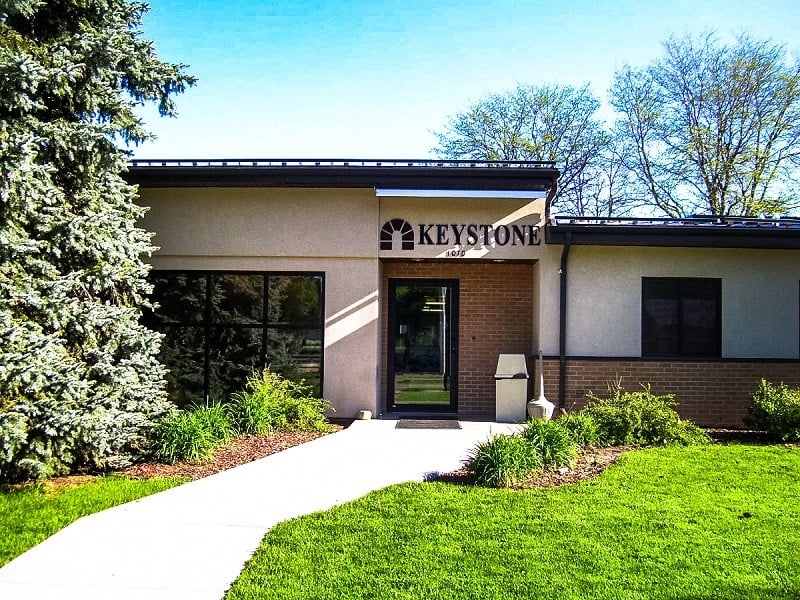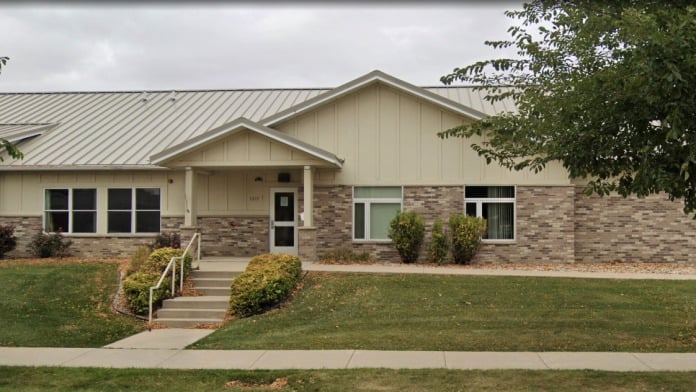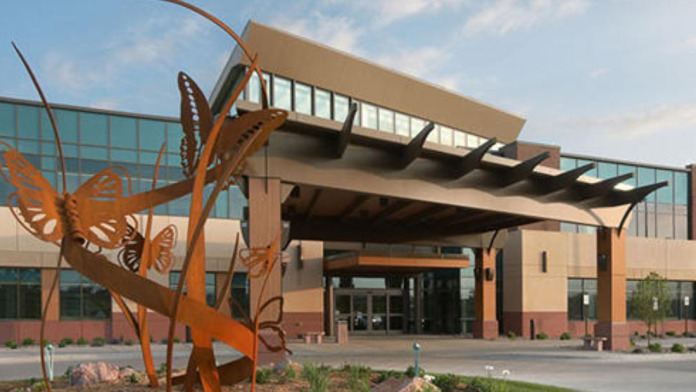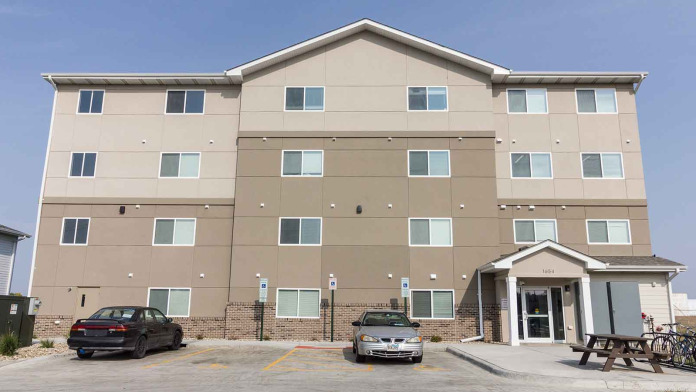About Teen Challenge of the Dakotas
Teen Challenge operates under the concept that a person with life-controlling problems can change if that person wants to change. Teen Challenge has earned a reputation as one of America’s most successful rehabilitation programs.
Rehab Score
Gallery
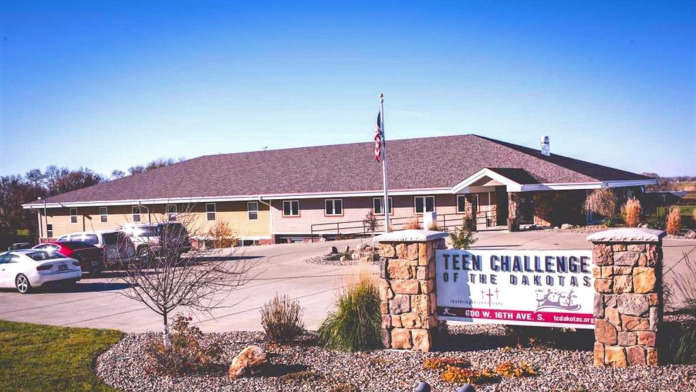
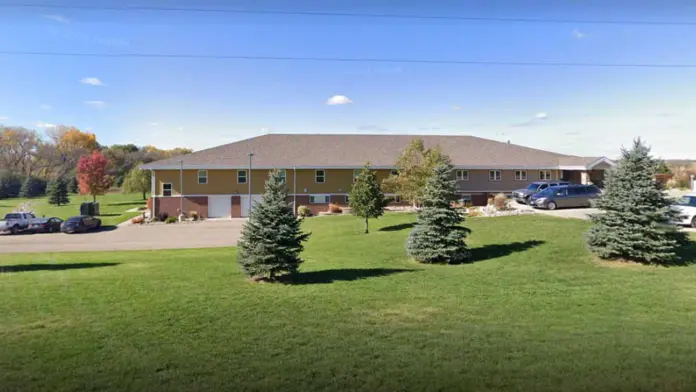
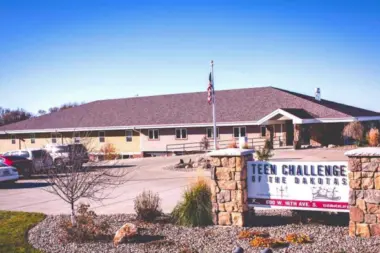
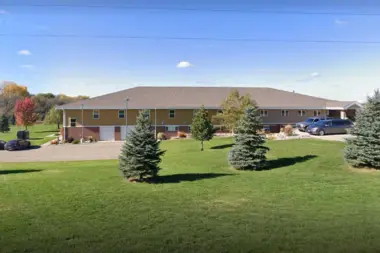
Other Forms of Payment
Private insurance refers to any kind of healthcare coverage that isn't from the state or federal government. This includes individual and family plans offered by an employer or purchased from the Insurance Marketplace. Every plan will have different requirements and out of pocket costs so be sure to get the full details before you start treatment.
Self-pay involves paying for treatment out of your own pocket. You can use savings or credit, get a personal loan, or receive help from family and friends to fund your treatment. If you don't have insurance or your insurance plan doesn't cover a specific program, self-pay can help ensure you still get the care you need.
Sliding scale payments are based on a client's income and family size. The goal is to make treatment affordable to everyone. By taking these factors into account, addiction recovery care providers help ensure that your treatment does not become a financial burden to you or your family, eliminating one barrier to care.
Addiction Treatments
Levels of Care
Inpatient rehabs provide intensive clinical supervision and robust daily treatment to clients in early recovery and those who are at an elevated relapse risk. Inpatient care is often the first stage of treatment following detox, and it allows clients to focus exclusively on their recovery in a highly structured and supportive environment. Clients typically engage in daily addiction counseling and recovery-focused life skills training. Many treatment centers also offer holistic therapies, such as massage, meditation, and acupuncture.
Rehab aftercare programs provide robust continuing care for clients in outpatient rehab and those who have been discharged from formal treatment. These programs address addiction disease as a chronic condition and recovery as a life-long process requiring ongoing client support. Clients in drug rehab aftercare receive a wide variety of services, often including peer coaching, relapse prevention support, and 12 step program induction. Case managers and care teams typically collaborate on the client's long-term care plan.
To manage withdrawal symptoms from alcohol and drugs, it is important to seek 24-hour clinical care in South Dakota. Medical personnel can monitor your symptoms and provide appropriate support with clinical treatment, medications, and emotional support. This is much safer and more comfortable than at-home detox, where medical staff are not on-site to quickly respond if withdrawal symptoms become severe or life-threatening.
Treatments
The goal of treatment for alcoholism is abstinence. Those with poor social support, poor motivation, or psychiatric disorders tend to relapse within a few years of treatment. For these people, success is measured by longer periods of abstinence, reduced use of alcohol, better health, and improved social functioning. Recovery and Maintenance are usually based on 12 step programs and AA meetings.
Support provided by drug rehab in South Dakota includes social, physical, and emotional aspects. Program participants learn how to meet needs in each of these areas without turning to drugs. The goals of the program are freedom from drug dependency and long-term recovery.
Opioid rehabs specialize in supporting those recovering from opioid addiction. They treat those suffering from addiction to illegal opioids like heroin, as well as prescription drugs like oxycodone. These centers typically combine both physical as well as mental and emotional support to help stop addiction. Physical support often includes medical detox and subsequent medical support (including medication), and mental support includes in-depth therapy to address the underlying causes of addiction.
Substance rehabs focus on helping individuals recover from substance abuse, including alcohol and drug addiction (both illegal and prescription drugs). They often include the opportunity to engage in both individual as well as group therapy.
Programs
Adult rehab programs include therapies tailored to each client's specific needs, goals, and recovery progress. They are tailored to the specific challenges adult clients may face, including family and work pressures and commitments. From inpatient and residential treatment to various levels of outpatient services, there are many options available. Some facilities also help adults work through co-occurring conditions, like anxiety, that can accompany addiction.
Clinical Services
The core concepts of cognitive behavioral therapy in South Dakota are that patterns of thoughts and behaviors are linked and that they can be changed. Treatment involves identifying negative patterns and learning how to change them into positive ones.
Group therapy is any therapeutic work that happens in a group (not one-on-one). There are a number of different group therapy modalities, including support groups, experiential therapy, psycho-education, and more. Group therapy involves treatment as well as processing interaction between group members.
You received personalized attention in individual therapy sessions so you can explore the struggles with substance use that are unique to your situation. Your therapist will help you develop effective coping mechanisms and strategies to improve your emotional regulation and resilience. These components are crucial to achieve and maintain long term recovery.
Motivational interviewing involves an exchange of information between the client and therapist. Communication is a two way street that allows the client to explore the possibility of making changes and lets the therapist provide empathy and support. The therapist also guides the conversation to instill language that encourages change.
Within trauma therapy, you work with a trained and experienced therapist to reduce your emotional and physical symptoms that are the lingering effects of trauma. You can develop healthier coping mechanisms that foster a sense of empowerment and give you greater self confidence and resilience.
Family therapy focuses on collectively healing each family member, which improves the interactions within the family unit. Therapists work with individual members and the family unit to develop new communication and coping skills, resolve conflicts, and develop practices that support their loved one's recovery.
Life skills trainings involve all the skills a person must have in order to function successfully in the world. These include time management, career guidance, money management, and effective communication. Truly successful addiction recovery is based on the ability to not only live substance-free, but to thrive. Life skills teaches the practical necessities of functioning in society, which sets clients up for success in life, and therefore sobriety.
Recreational therapy within an addiction treatment program in South Dakota helps you build healthy habits and discover new interests. Addiction is self isolating and can reduce your interest in participating in group activities. Recreational therapy promotes relaxation, improves mood, and encourages social interactions which are essential to sustain long term recovery.
Amenities
-
Residential Setting
-
Private Rooms
Staff & Accreditations
Staff

Mike Gilmartin
Exevutive Director

Denise Gilmartin
Exevutive Director

Dustin Caldron
Progran Supervisor
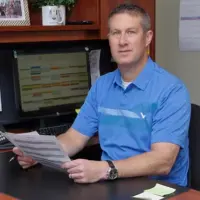
Dustin Walker
Dean Manager
Accreditations

The Joint Commission, formerly known as JCAHO, is a nonprofit organization that accredits rehab organizations and programs. Founded in 1951, the Joint Commision's mission is to improve the quality of patient care and demonstrating the quality of patient care.
Joint Commission Accreditation: Yes
Contact Information
600 West 16th Ave S
Brookings, SD 57006
